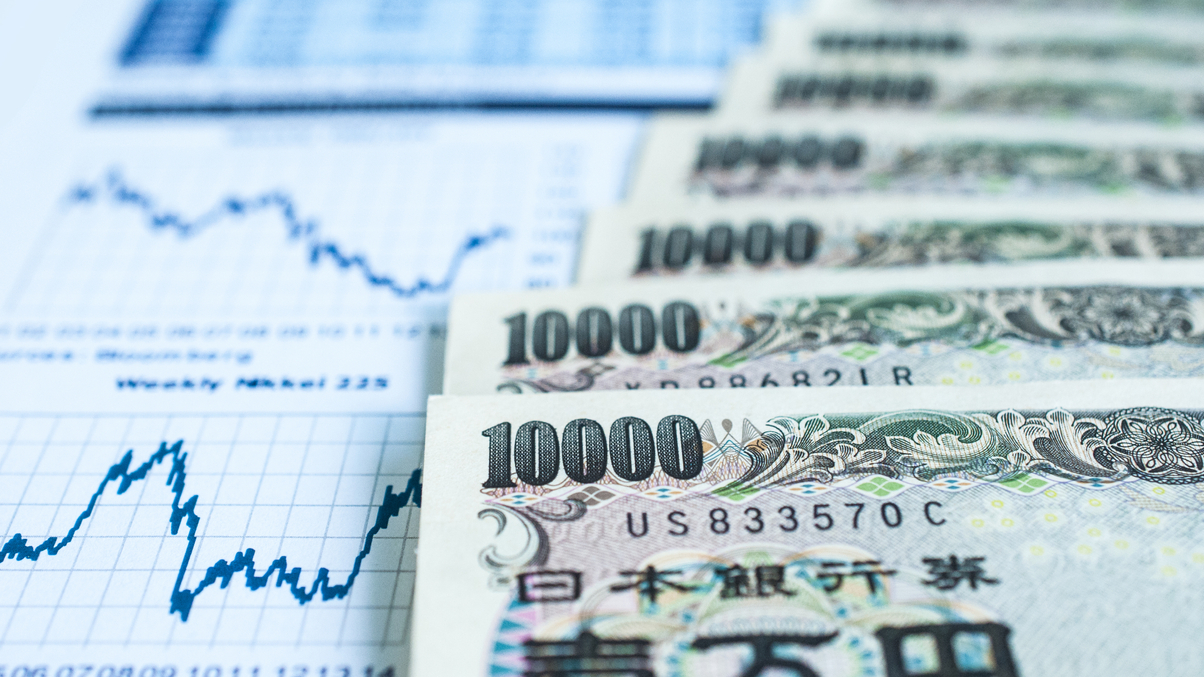Kishida looks to put his own stamp on Japanese economy
Japan’s new Prime Minister Fumio Kishida is said to be mulling economic policies that could include moving the country away from Abenomics. Investors will be watching closely for any changes with implications for them.

The "new capitalism" proposals of new Japanese prime minister Fumio Kishida will help well-run companies stand out to public and private equity investors, market observers believe.
Sign in to read on!
Registered users get 2 free articles in 30 days.
Subscribers have full unlimited access to AsianInvestor
Not signed up? New users get 2 free articles per month, plus a 7-day unlimited free trial.
¬ Haymarket Media Limited. All rights reserved.


